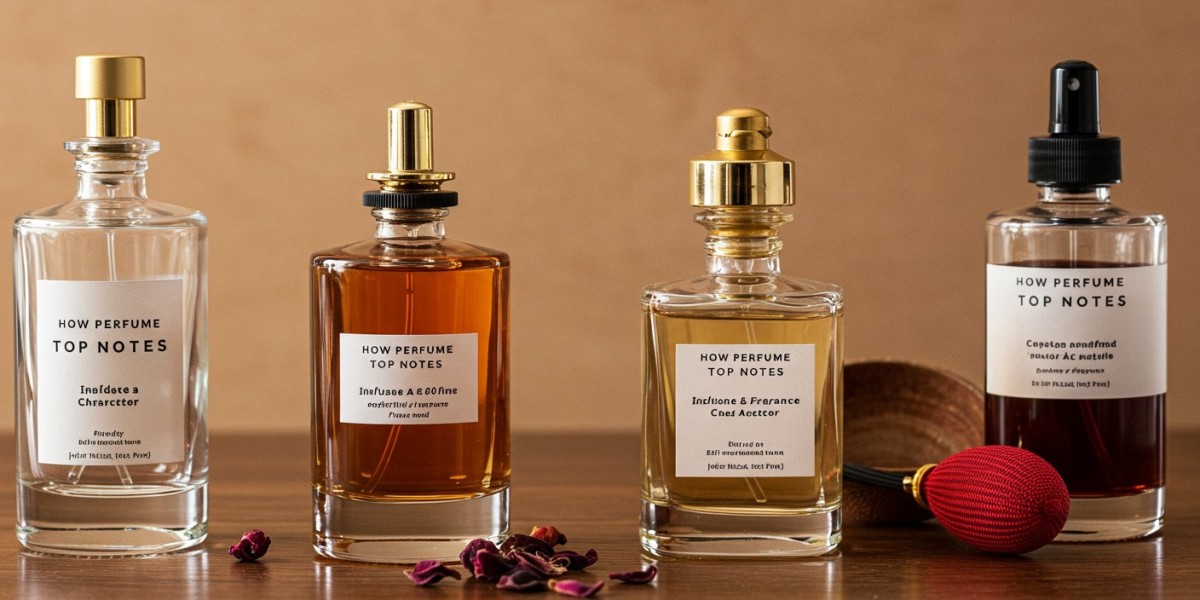In the ever-changing world of perfumery, where trends come and go, few fragrance families of Chypre de Coty stand the test of time. One such legendary and enduring fragrance category is Chypre. Known for its sophisticated, complex, and mysterious allure, Chypre has captivated fragrance lovers for over a century.
But what exactly makes Chypre perfumes so timeless?
In this fragrance breakdown, we’ll explore:
✔️ What Chypre means and its signature scent structure
✔️ The history of Chypre and its evolution over time
✔️ Why Chypre perfumes remain relevant despite modern trends
✔️ Famous Chypre fragrances that define timeless elegance
Let’s take a deep dive into one of perfumery’s most iconic scent families.
? What Is a Chypre Perfume?
Chypre (pronounced "sheep-ruh") is a fragrance family that follows a distinct structure of citrus top notes, floral heart notes, and a deep, earthy base. The name Chypre comes from the French word for Cyprus, inspired by the island’s rich history of perfume-making with aromatic herbs, resins, and woods.
? The Classic Chypre Scent Structure
A traditional Chypre perfume consists of three key layers:
✔️ Top Notes (Fresh & Citrusy) – Typically bergamot or other citrus notes that provide an initial freshness
✔️ Heart Notes (Floral & Elegant) – Often rose, jasmine, or other white florals that add a soft and sophisticated touch
✔️ Base Notes (Woody, Earthy & Warm) – A rich combination of oakmoss, patchouli, labdanum, amber, or musk that creates a deep, long-lasting dry-down
This signature balance of freshness, floral elegance, and woody depth gives Chypre fragrances their timeless appeal.
? The History of Chypre: From Ancient Cyprus to Modern Perfumery
The concept of Chypre-like fragrances dates back to ancient Cyprus, where perfumes were made using labdanum (a resinous amber note), oakmoss, and herbs. However, modern Chypre as we know it was born in 1917, thanks to François Coty.
1917: Chypre de Coty – The Birth of a Fragrance Family
François Coty launched Chypre de Coty, a perfume that officially defined the Chypre fragrance family. The perfume was a bold, avant-garde creation, different from the sweet, powdery florals of the early 20th century.
✔️ Citrus top – A sharp bergamot opening
✔️ Floral heart – A balanced blend of jasmine and rose
✔️ Earthy base – Dominated by oakmoss, labdanum, and patchouli
This revolutionary fragrance became the foundation for countless Chypre perfumes that followed.
? The Golden Age of Chypre (1920s–1970s)
After Coty’s success, Chypre became a dominant fragrance style, inspiring some of the most luxurious and elegant perfumes in history.
? Iconic Classic Chypre Perfumes
✔️ Guerlain Mitsouko (1919) – A fruity Chypre with peach and spices
✔️ Miss Dior (1947) – A floral Chypre with a sophisticated green edge
✔️ Femme by Rochas (1944) – A sensual Chypre with a deep, ambery warmth
✔️ Cabochard by Grès (1959) – A leathery, smoky Chypre with strong character
✔️ Aromatics Elixir by Clinique (1971) – A bold, herbal Chypre with great longevity
These perfumes were powerful, mysterious, and designed to make a statement—qualities that made Chypre a favorite among sophisticated women and men.
? The Decline and Reinvention of Chypre
By the 1980s and 1990s, perfume trends shifted toward lighter, fresher, and sweeter fragrances. The rise of fruity florals, aquatic scents, and gourmand perfumes made Chypres seem too intense for modern tastes.
? IFRA Restrictions on Oakmoss
One of the biggest challenges for classic Chypres was the International Fragrance Association (IFRA) restrictions on oakmoss, a key ingredient in Chypre perfumes. Due to potential skin allergens, oakmoss was significantly limited, forcing perfumers to reformulate or replace it with synthetic alternatives.
✔️ Many classic Chypres (like Miss Dior and Mitsouko) were reformulated, losing some of their depth.
✔️ Some modern Chypres use mossy or woody synthetic substitutes instead of natural oakmoss.
Despite these changes, Chypre perfumes have evolved and adapted to modern trends.
? The Rise of Modern Chypres (2000s–Present)
Even though traditional Chypres declined in popularity, perfumers found ways to reinvent Chypre by incorporating fruity, musky, or gourmand elements.
? Famous Modern Chypre Perfumes
✔️ Coco Mademoiselle by Chanel (2001) – A citrusy Chypre with a modern, youthful feel
✔️ Chanel 31 Rue Cambon (2007) – A soft, luxurious Chypre with iris and patchouli
✔️ Miss Dior (2012 Version) – A fresher, fruitier take on the classic
✔️ Narciso Rodriguez for Her (2003) – A musky, floral Chypre with a sensual base
✔️ Chypre Sublime by Floral Street (2019) – A contemporary Chypre with a balance of warm and fresh notes
These modern interpretations maintain the elegance of Chypre but with a more versatile and wearable approach.
? Why Chypre Perfumes Remain Timeless
Even though fragrance trends change, Chypre perfumes continue to hold a special place in the world of perfumery. Here’s why:
1️⃣ Unique Complexity
✔️ Chypre is one of the most complex and refined fragrance families. The interplay between fresh citrus, floral heart, and deep earthy base creates a multi-layered, evolving scent.











